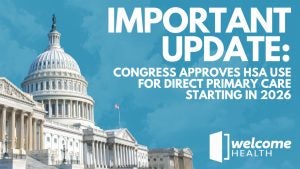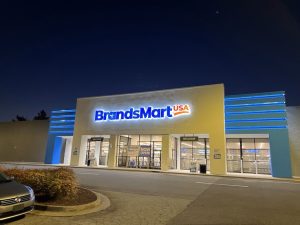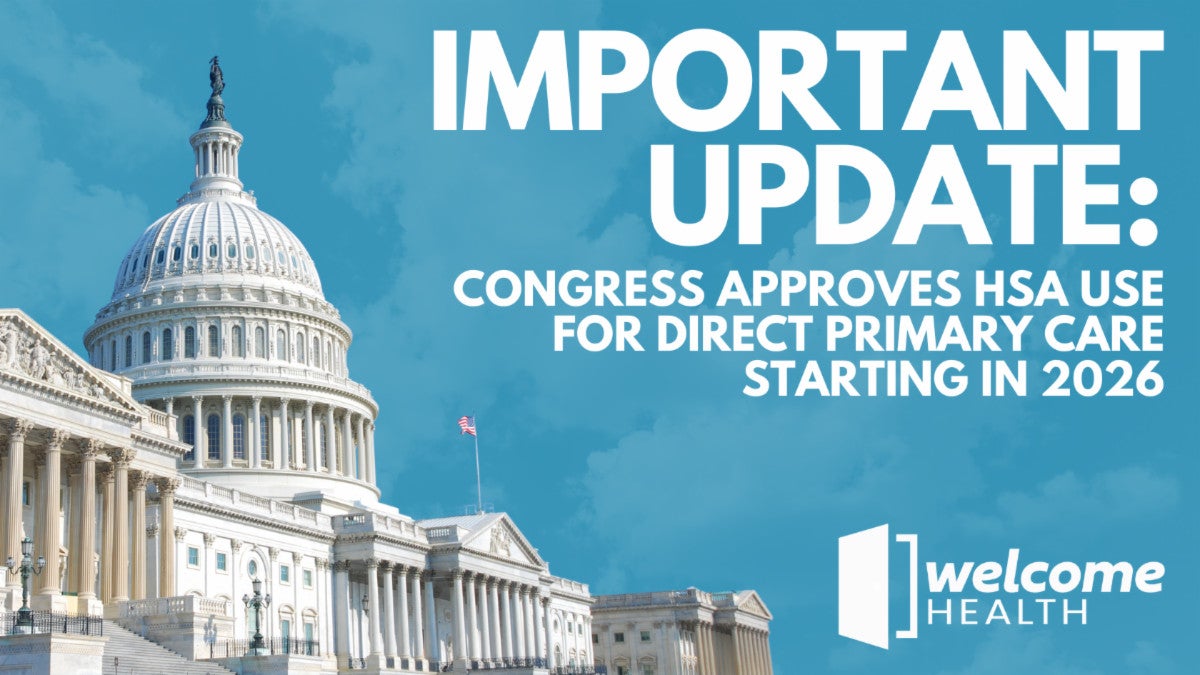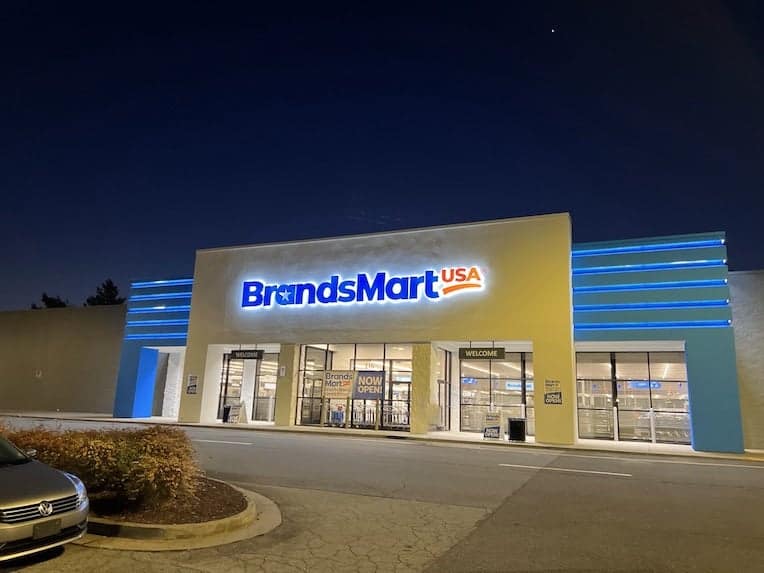A program that helps employers hire non-U.S. citizens for their businesses is now being coordinated by the Technical College System of Georgia (TCSG).
An announcement on the TCSG website said they will take over managing Georgia’s Foreign Labor Certification Program. The Georgia Department of Labor (GDOL) had coordinated it.
The agreement transfers the program to WorkSource Georgia, which replaced Employ Georgia in August 2023 as the official online tool for employment services.
WorkSource Georgia is assuming the responsibility of providing employers with the foreign labor certification services that are required by the U.S. Department of Labor. That includes supporting employers as they navigate the foreign labor processes.

“TCSG is excited to transition the Foreign Labor Certification program to WorkSource Georgia. Our collaboration with GDOL has facilitated a seamless transfer of services,” stated TCSG Commissioner, Greg Dozier. “We aim to build upon the foundation established by GDOL, focusing on creating a robust workforce for Georgia employers. We are deeply appreciative of their assistance and knowledge during this transformative phase.”
The certification programs allow U.S. employers to hire foreign workers on a temporary basis to fill jobs that are essential to the nation’s economy.
Specifically, the program determines if a potential employee is eligible for either an H2-A or H2-B visa, which are issued for different types of temporary workers.
The H2-A visa covers agricultural employment. According to the U.S. Department of Agriculture (USDA), it is available for employers who anticipate a labor shortage for seasonal work including planting, cultivating, or harvesting. It covers a wide range of agriculture-based businesses such as farms, nurseries, and orchards. The temporary work must last no longer than a year.
The H2-B visa is for employees needed by non-agricultural businesses. However, before requesting the H2-B classification from U.S. Citizenship and Immigration Services (USCIS), an employer must first apply for and receive a temporary labor certificate from the U.S. Department of Labor.
There is a nationwide network of experts that can help businesses navigate the sometimes confusing process when dealing with government agencies. It is called the APEX Accelerator. There are more than 90 accelerators nationwide with 300 local offices, including one in Augusta, the Georgia Tech APEX Accelerator.
David Hepner, a counselor in that office, told ABD his office can help with employment eligibility verification. It requires a business to file Form I-9 to verify the identity and employment authorization of all workers, both citizens and noncitizens.
 According to the USCIS website: “On the form, an employee must attest to their employment authorization. The employee must also present their employer with acceptable documents as evidence of identity and employment authorization. The employer must examine these documents to determine whether they reasonably appear to be genuine and relate to the employee, then record the document information on the employee’s Form I-9.”
According to the USCIS website: “On the form, an employee must attest to their employment authorization. The employee must also present their employer with acceptable documents as evidence of identity and employment authorization. The employer must examine these documents to determine whether they reasonably appear to be genuine and relate to the employee, then record the document information on the employee’s Form I-9.”
When that process is complete, non-agricultural employers may request an H2-B visa for a temporary worker. The employer must demonstrate there are not enough U.S. workers to fill their open positions, that it is temporary and will not “adversely affect the wages and working conditions of similarly employed U.S. workers.”
“H2-A and H2-B workers play an important role for employers—especially our farmers,” said Dozier. “Our goal is to take the excellent work that GDOL has done and expand the FLC program by adding staff to manage the growing demand. We want to ensure that we continue meeting employer needs.”
For more information and inquiries related to the Foreign Labor Certification Program, please visit www.WorkSourceGeorgia.com/FLC or call (770)202–5689.
The Georgia Tech APEX Accelerator office is at 2907 Professional Parkway in Augusta. Hepner can be reached via email at: david.hepner@innovate.gatech.edu or by calling (803) 507-9986.










